by Ashleigh Feltham Accredited Practising Dietitian and Accredited Nutritionist
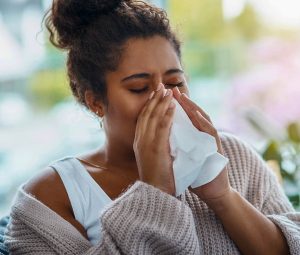
Nutrition Tips to Reduce Hay Fever Symptoms
Are you dreading the hay fever that spring brings? You are not alone; an estimated 18% of people in Australia and New Zealand suffer from hay fever, with symptoms like itchy, watery eyes and a runny nose. Medication can help reduce symptoms, but diet can play a key role in reducing hay fever and making spring a much more enjoyable season.
Before getting into specific foods, it is important to mention the role of your gut. This is where most antihistamines are produced, and it accounts for 70% of your immune system.
Plant-based foods provide the major fuel source of health-promoting microbes and the fibre needed for optimal gut function. A variety and abundance of plant foods each day is a key component of gut health. Aim to include 30 different plant-based foods each week including fruit, vegetables, nuts, seeds, legumes, beans, and wholegrains.
Specific foods that may help to reduce hay fever symptoms due to their anti-inflammatory and antihistamine effects include:
Seafood
Seafood, especially fatty fish, is a great source of omega-3 polyunsaturated fat. This essential fat has known anti-inflammatory effects and may help to reduce hay fever symptoms. Good sources of fatty fish include sardines, herring, mackerel, salmon and anchovies.
Green Tea
Green tea has been enjoyed for centuries to promote overall wellbeing and good health. Green tea may also help reduce hay fever symptoms. A compound found in green tea called methylated epigallocatechin gallate (EGCG) may help to reduce the uncomfortable symptoms associated with hay fever.
EGCG is a biologically active antioxidant that blocks a key cell receptor involved in producing an allergic response. It inhibits the production of histamine as well as suppressing a factor called immunoglobulin E (IgE), which promotes the initiation and ongoing symptoms of hay fever.
Vitamin C-Rich Foods
Many fruits and vegetables are a great source of vitamin C. This water-soluble vitamin has antioxidant properties that help to optimise immune system function, and it is also a naturally occurring antihistamine. Fruit and vegetables rich in vitamin C include oranges, berries, leafy greens like kale, bok choy, and broccoli, kiwi fruit and mango.
Apples
Apples are another good source of vitamin C, but they contain another antihistamine compound called quercetin. The proposed mechanisms that make quercetin a natural antihistamine are that it helps reduce the inflammatory response of histamine, dampens the inflammatory factors that promote the pro-inflammatory response of histamine, and it helps to reduce the release of histamine from the body.
Onions
Onions are not only a great staple to include in many different dishes, such as pasta sauce, soups and curries, but they are another source of vitamin C and quercetin.
However, more research is still needed.

Take home message
If you are one of the many hay fever sufferers dreading spring, these nutrition tips may be the key to help reduce your hay fever symptoms. The good news about including the foods mentioned above is that they also contain a matrix of additional health benefits to support your health and wellbeing.
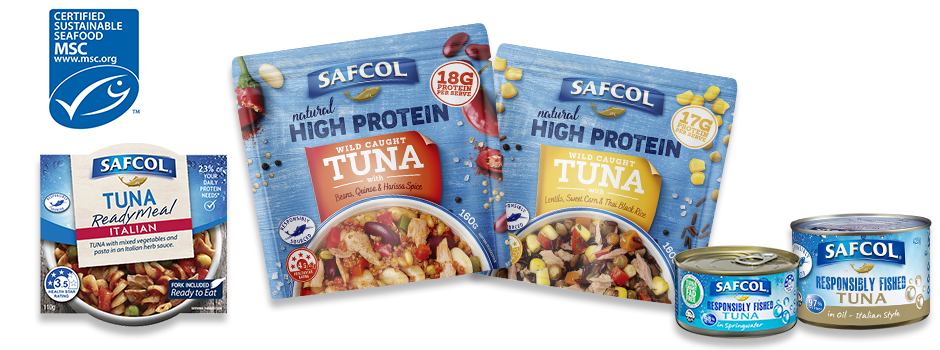
References:
- Pollen Allergy. The Australasian Society of Clinical Immunology and Allergy.
- Mlcek J, Jurikova T, Skrovankova S, Sochor J. Quercetin and Its Anti-Allergic Immune Response. Molecules. 2016 May 12;21(5):623
- Hirofumi Tachibana, Ph.D. Green tea may fight allergies. Journal of Agricultural and Food Chemistry.
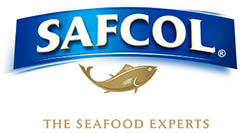

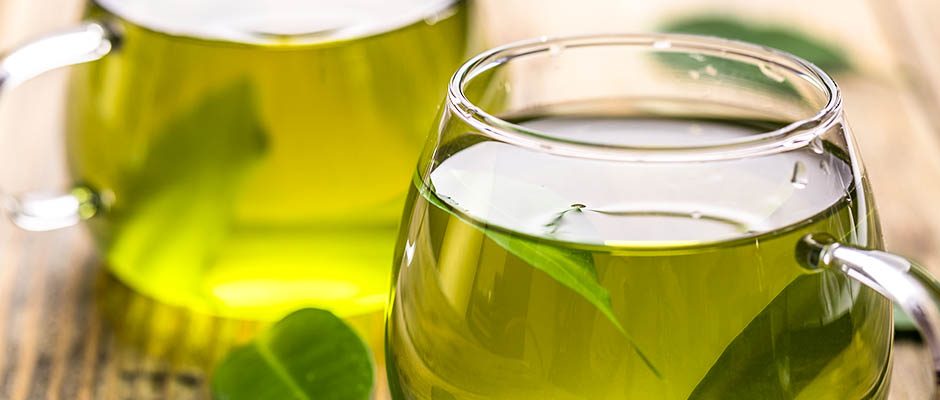





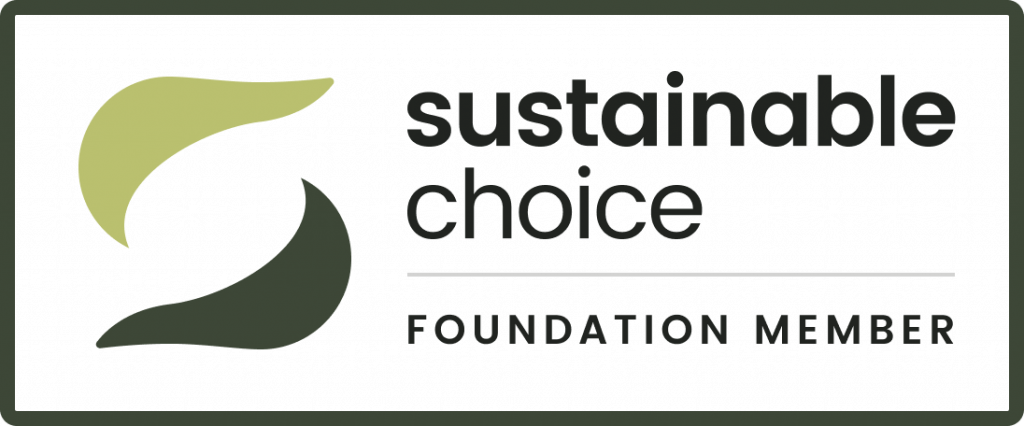


Comments are closed.